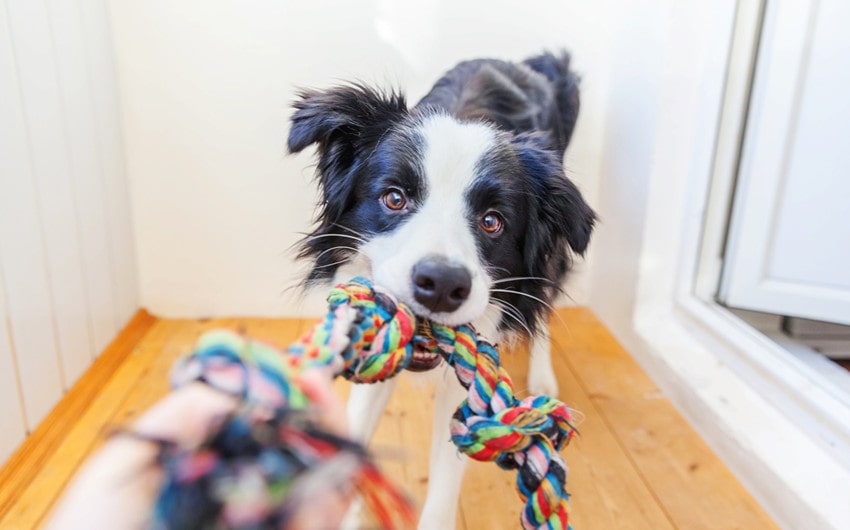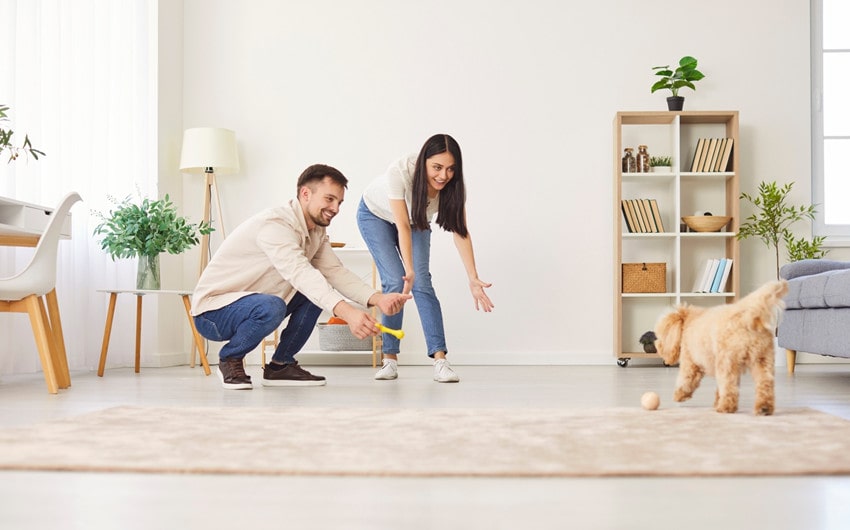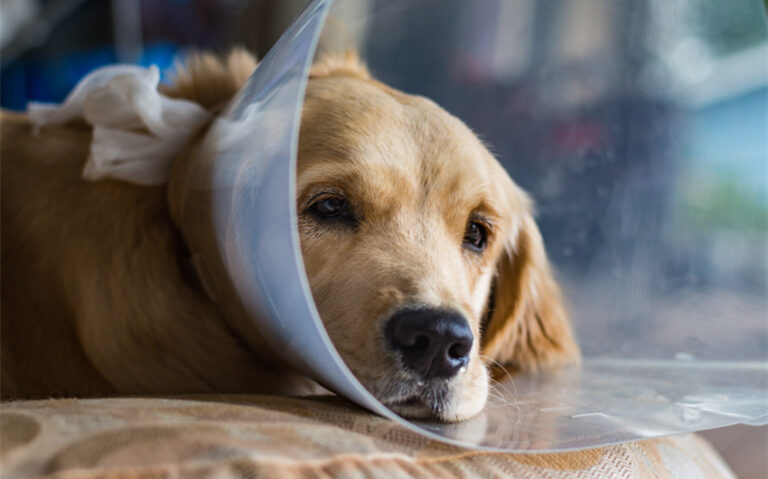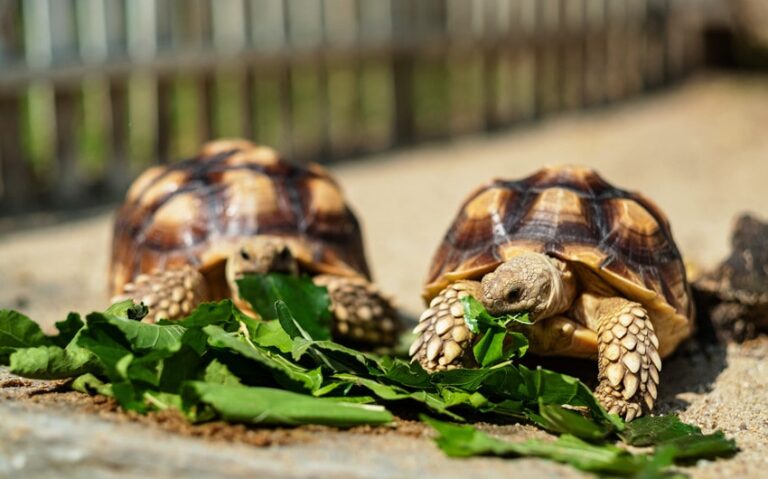Puppy Parenting 101: 11 Essential Tips for New Dog Owners
Bringing home an adorable puppy is exciting, but the first few weeks can feel like a crash course in parenting. It’s a shift in routine, a test of patience, and a steady learning curve. If you’re figuring out how to raise your furry friend into a happy, healthy dog, you’re in good company. Here’s a straightforward guide packed with practical tips that’ll help you get it right from day one.
1. Prepare Before the Puppy Arrives
Before your puppy sets a paw in your home, you’ll need more than food and a water bowl. Think about your space—cords, sharp edges, breakables, and anything chewable should be out of reach. Install baby gates to section off areas and create a safe space for them to settle. Think of this prep work as setting the tone for your home, so your puppy can explore safely without constant intervention.
Many new puppy parents turn to trusted breeders and adoption services like Central Park Puppies to get matched with dogs that suit their lifestyle. Wherever your puppy comes from, ask about vaccination records, socialization, and early training.
2. Build a Consistent Daily Routine
Dogs respond well to predictability. Feeding, potty breaks, play, naps, and training should happen at roughly the same times each day. A consistent schedule helps your puppy feel more secure and speeds up housebreaking. Skipping structure often leads to accidents indoors or restless behavior at night. A basic routine now will make daily life smoother as your dog grows.
3. Don’t Skip the First Health Check
Your first visit to the vet should happen within a few days of bringing your puppy home—even if the breeder or shelter has already seen a vet. Early appointments help identify underlying conditions and set a vaccination and deworming schedule. Talk to your vet about flea and tick prevention, diet, and neutering timelines. It’s also a good time to ask what symptoms you should never ignore in a young dog.
4. Prioritize Potty Training from Day One
Potty training isn’t only about where your puppy goes—it’s about teaching them when and how. Frequent trips outside after meals, naps, and play sessions reduce the chance of indoor accidents. If you catch them mid-squat indoors, calmly redirect them outside instead of scolding. Consistency is what makes the training stick. Expect setbacks, especially during teething or growth spurts, but stick with the routine.
5. Learn the Basics of Positive Reinforcement
Rewarding good behavior works better than punishing bad behavior. When your puppy sits when asked or waits at the door, reward it with a treat, praise, or a quick game. They’ll connect the behavior with something good. Keep training sessions short—five minutes a few times a day works better than one long session. If you’re unclear on timing or technique, a group class with a certified trainer can help get the basics down.
6. Introduce One Rule at a Time
Don’t expect your puppy to understand everything in the first week. Too many new commands, environments, or people can overwhelm them. If you’re teaching leash walking, focus on that before layering in more complex skills. Rules about furniture access, crate time, or play boundaries should stay consistent from the start, or your puppy will test limits often.
7. Provide Plenty of Mental Stimulation
A bored puppy becomes a destructive one. Puzzle feeders, training games, and safe chew toys can help work their brain and keep them occupied when you’re busy. Mental stimulation doesn’t mean constant activity, though. Teach them to settle quietly nearby instead of needing entertainment every minute. That balance will pay off when they’re older.
8. Limit Human Food and Know What’s Off-Limits
Feeding your puppy from the table encourages begging and can mess with their digestion. Many human foods are unsafe for dogs—grapes, chocolate, onions, and xylitol-sweetened items, to name a few. Stick to a diet approved by your vet, and use high-value dog treats for training rewards instead of table scraps.
9. Involve the Entire Family
Raising a puppy works best when the entire household shares the same approach. That means agreeing on basic commands, feeding times, and house rules. If one person lets the puppy jump on the couch and someone else scolds them for it, you’re setting up confusion. Consistency builds trust and speeds up training. Kids can pitch in with age-appropriate tasks like brushing or supervised play. It’s a good way to teach responsibility and make your puppy feel like part of a happy home.
10. Start Socialization Early—but Keep It Controlled
Socialization includes exposure to people, everyday noises, different surfaces, and unfamiliar environments at a pace your puppy can handle. Start with calm, controlled introductions at home or in quiet areas. Too much too fast can cause stress instead of confidence. Aim for steady, positive exposure rather than chaos.

11. Accept That You’ll Learn as You Go
You’ll make mistakes. Everyone does. Puppies chew shoes, pee on rugs, and sometimes bark at nothing. Learning what works for your dog takes time. If something feels off—behaviorally or medically—trust your instincts and ask a professional. Progress isn’t linear, but consistency beats perfection every time.
Conclusion
Being a puppy parent during the early stages takes effort, but it doesn’t have to be overwhelming. Stick to the basics, stay patient, and adjust as your puppy grows. The habits you build now will shape the kind of dog you live with for years—and the experience gets a whole lot easier once you’ve both figured out your rhythm.







